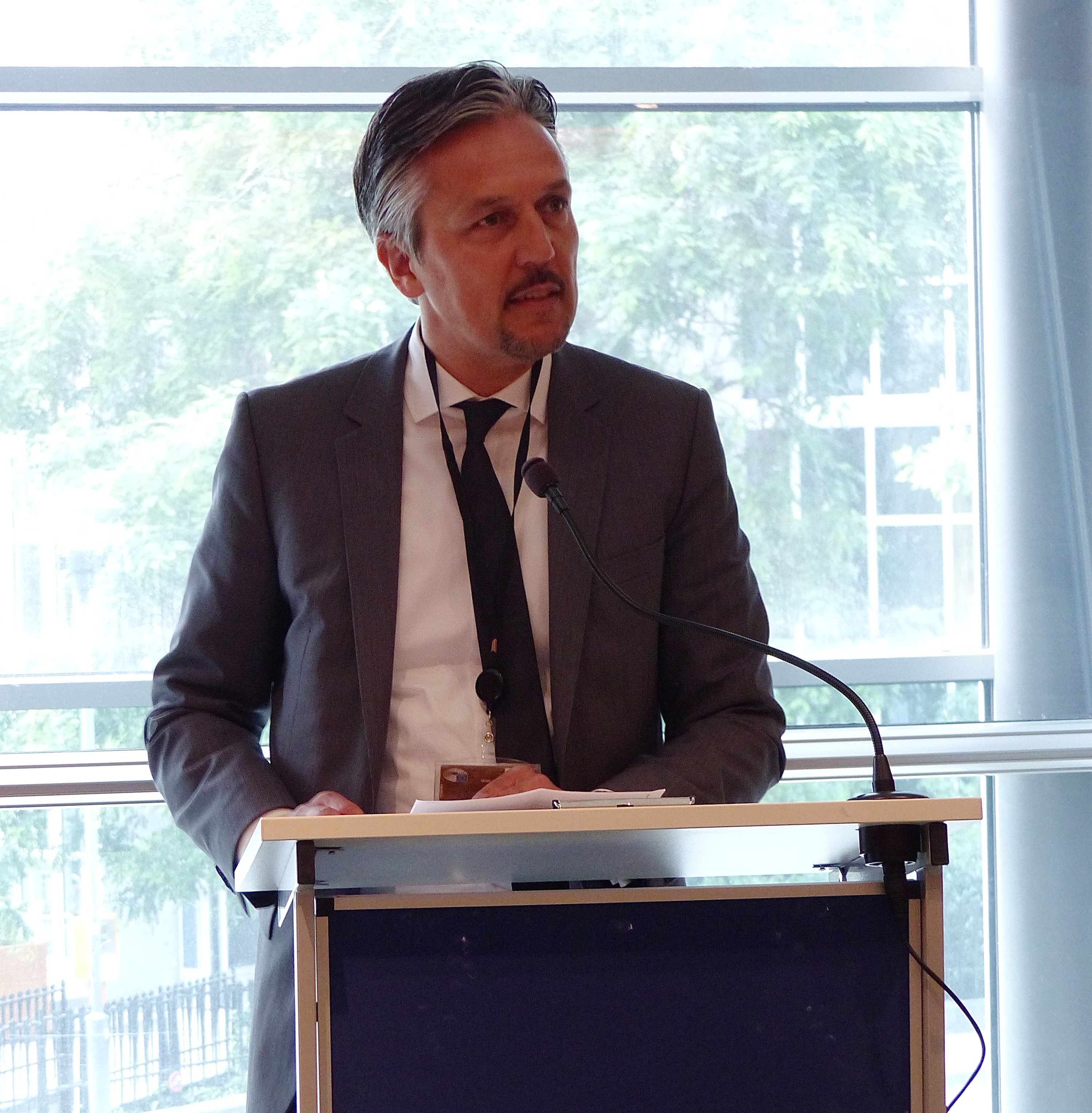The revision of the Renewable Energy Directive: an advanced biofuels perspective
On 30th May 2017, SME EUROPE in cooperation with The European People’s Party, EWABA (European Waste-to-Advanced Biofuels Association), and MVaK (Mittelstandsverband abfallbasierter Kraftstoffe) hosted an event considering the following thematic: “The revision of the Renewable Energy Directive: an advanced biofuels perspective”. The participants involved the following speakers featured on the programme: Bendt BENDTSEN MEP, President of SME EUROPE, Member of Committee on Industry, Research and Energy, Rapporteur for Energy Performance of Buildings; Ivan ŠTEFANEC MEP, Vice-President of SME Europe, Member of Committee on the Internal Market and Consumer Protection, Member of Committee of Inquiry into Emission Measurements in the Automotive Sector; Horst HEITZ, Executive Director, SME EUROPE; José BLANCO LÓPEZ MEP, Rapporteur of Renewable Energy Directive (RED II), Member of the Committee on Industry, Research and Energy; Antonio LOPEZ-NICOLAS, Deputy Head of Unit of Renewables and CCS Policy at DG ENER, European Commission; Angel Alvarez ALBERDI, Secretary General, Business Association for European Waste-to Advanced Biofuels (registered association) (ewaba); Ewald-Marco MÜNZER, Chief Executive Officer, Münzer Bioindustrie GmbH; Detlef EVERS, Managing Director, German Business Association for Waste-based Fuels (registered association) (MVaK); Paul RÜBIG MEP, Honorary President SME EUROPE, Member of the Committee on Industry, Research and Energy, First Vice Chair STOA.
The event was kicked off by President Bendtsen MEP who welcomed the participants on behalf of SME EUROPE. He went on to explain that the competence issues between ENVI and ITRE on biofuels are now solved, and it seems that we can finally get to work on the content of the Commission proposal and the draft report recently published by Mr Blanco Lopez. He also mentioned that It is of great relevance to him personally, as rapporteur for the Directive for Energy performance in buildings that we look to all available tools and sources to decarbonise our building stock.
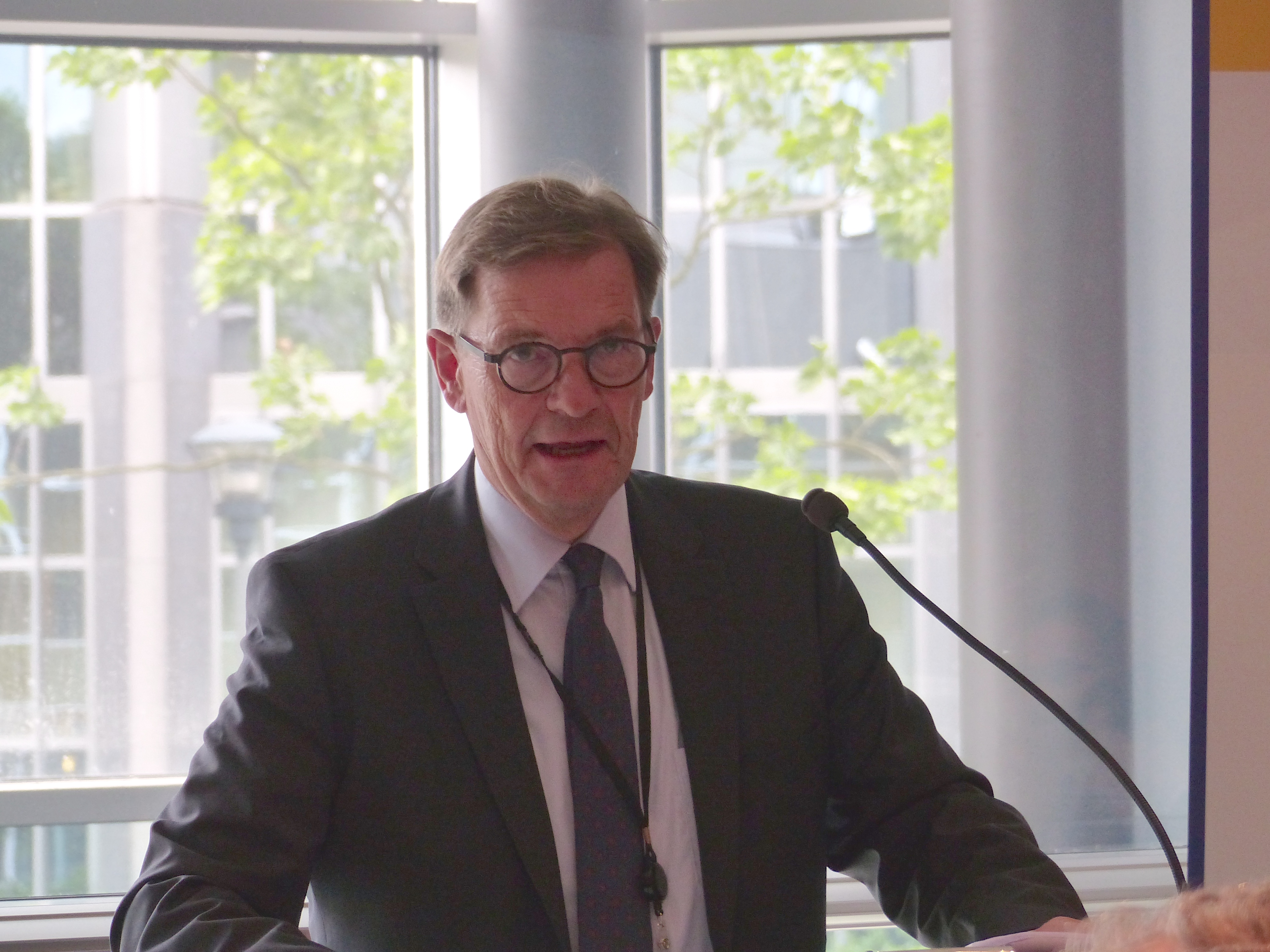
Vice-President Štefanec officially opened the event by stating that our energy consumption is increasing steadily. However, the resources we use to produce this energy are finite. Some predict that with the increasing energy consumption we will run out of oil in about 35 yearsand gas in about 8 years after that, and finally coal in about 70 years, by 2088. He believes is our goal to become the global leader in renewable energy use, and that we need to look at the progress we have made so far and find ways to ensure we meet the goal we have set.
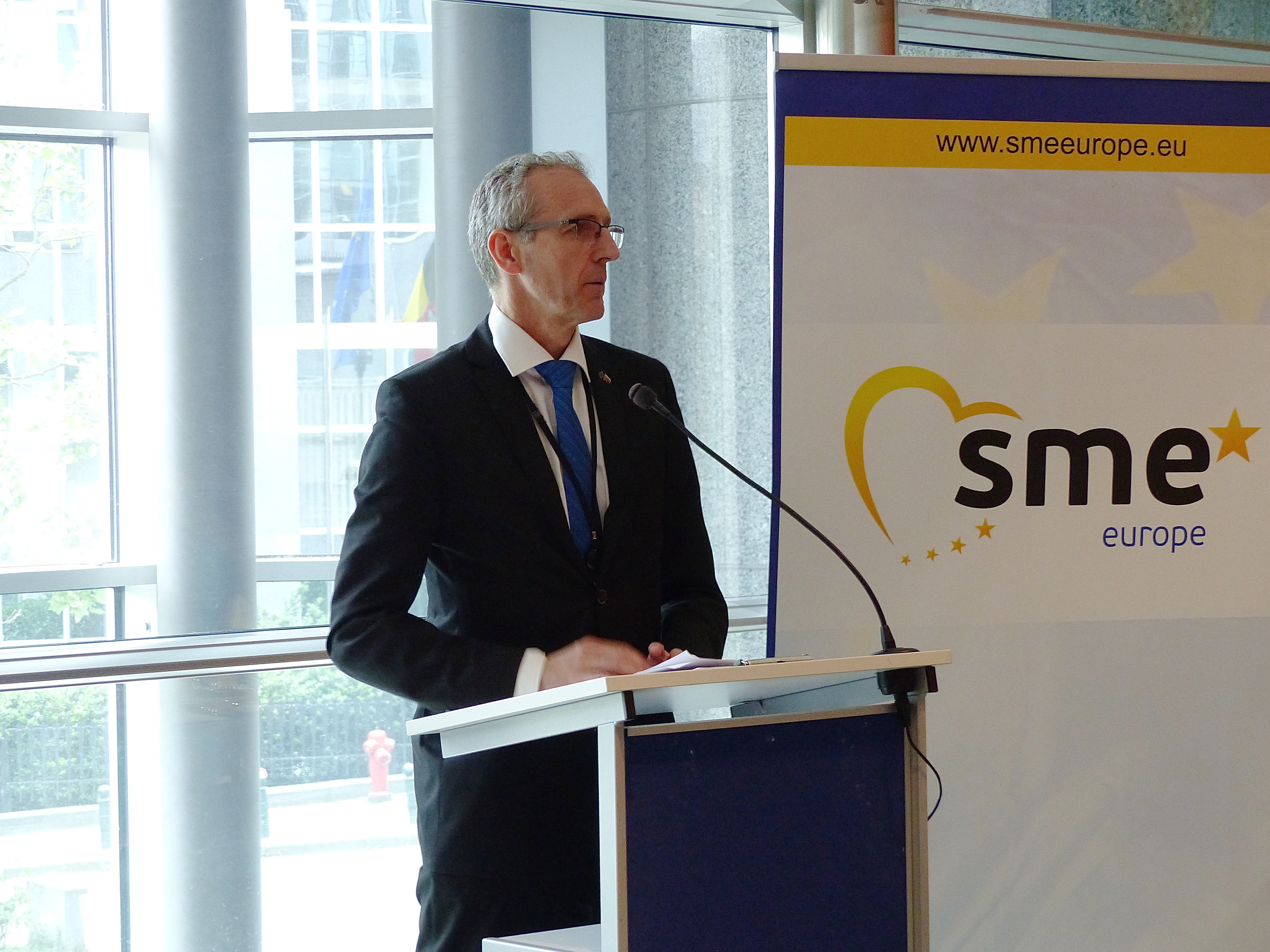
Next to the floor was Mr. Blanco Lopez MEP who went through the details as Rapporteur of the Renewable Energy Directive. He believes that the cost efficient development of renewable energies should not interfere with the member state decisions over their own energetic mix. This is why the report state criteria to member states in order for them to organize their own tendencies and to decide over their technological diversification, taking into account environmental, geographical, and climate factors to name just a few. He believes we have a commitment to the European citizens and their quality of life and economic development.
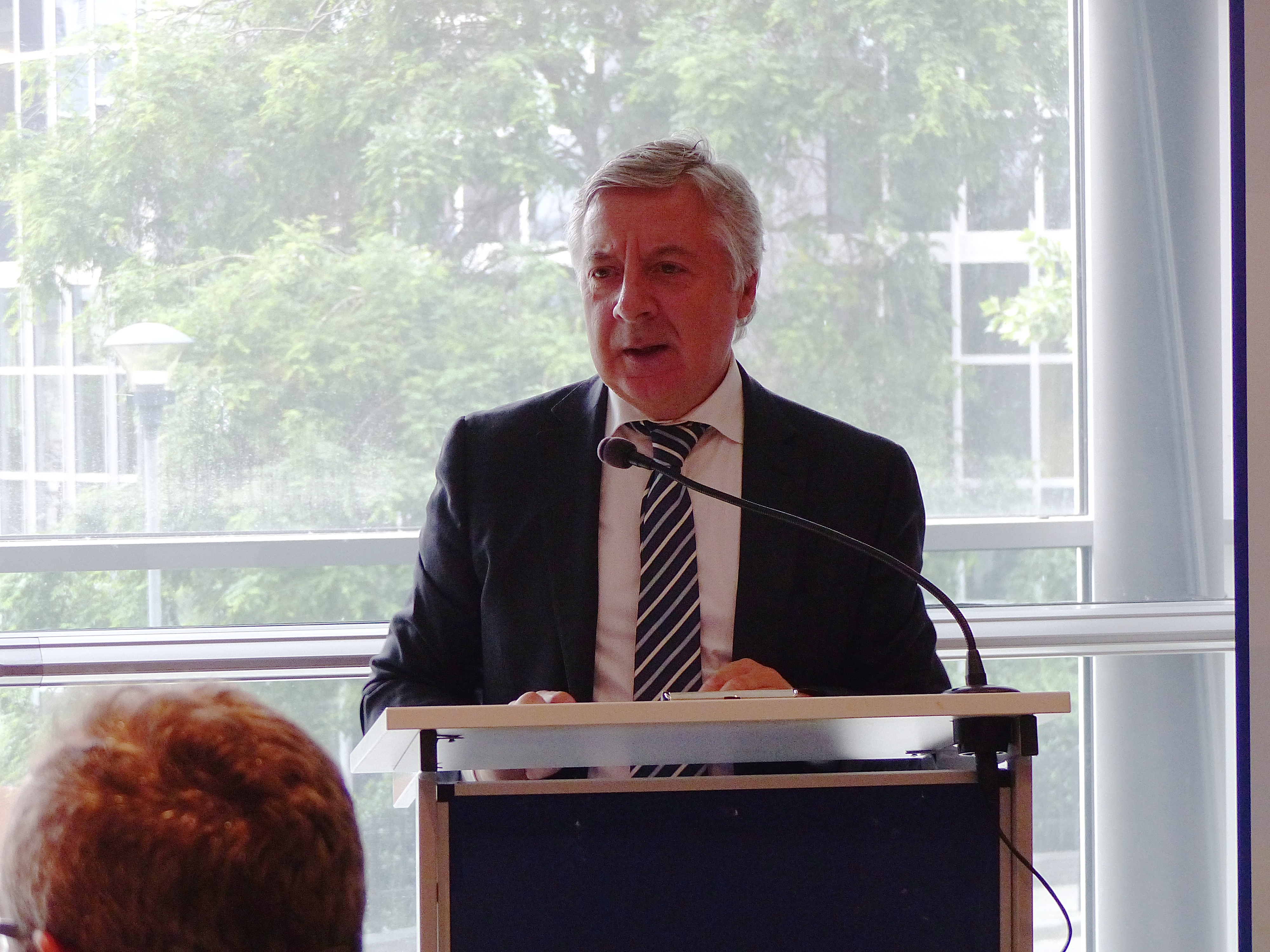
Mr. Lopez-Nicolas then gave the position of the European Commission. He said that the EU, which has always been at the forefront of the international climate negotiations, has committed to reduce emissions by 40% by 2030 – and that is a 40% reduction compared to 1990 levels. This – we believe – is the EU´s fair share of the necessary global efforts. In addition, it will put us on the right track towards an 80% reduction of our emissions by 2050. He believes that decarbonising the transport sector will require a gradual transformation of the entire transport system and hence an integrated approach to transport policy. There is no single fuel solution for the future of mobility. All main alternative fuel options must be pursued, with a focus on the needs of each transport mode.
Angel Alberdi on behalf of the European Waste-to-Advanced Biofuels Association (EWABA) believes that despite several positive elements the Commission proposal for a revised Renewable Energy Directive (RED II) can be substantially improved by the European Parliament and Council of the EU during its legislative passage. He believes that As long as the new legislation establishes a solid sustainability and traceability regime for all feedstocks, there is no justification for any limitation on the use of feedstocks within the incorporation obligation.
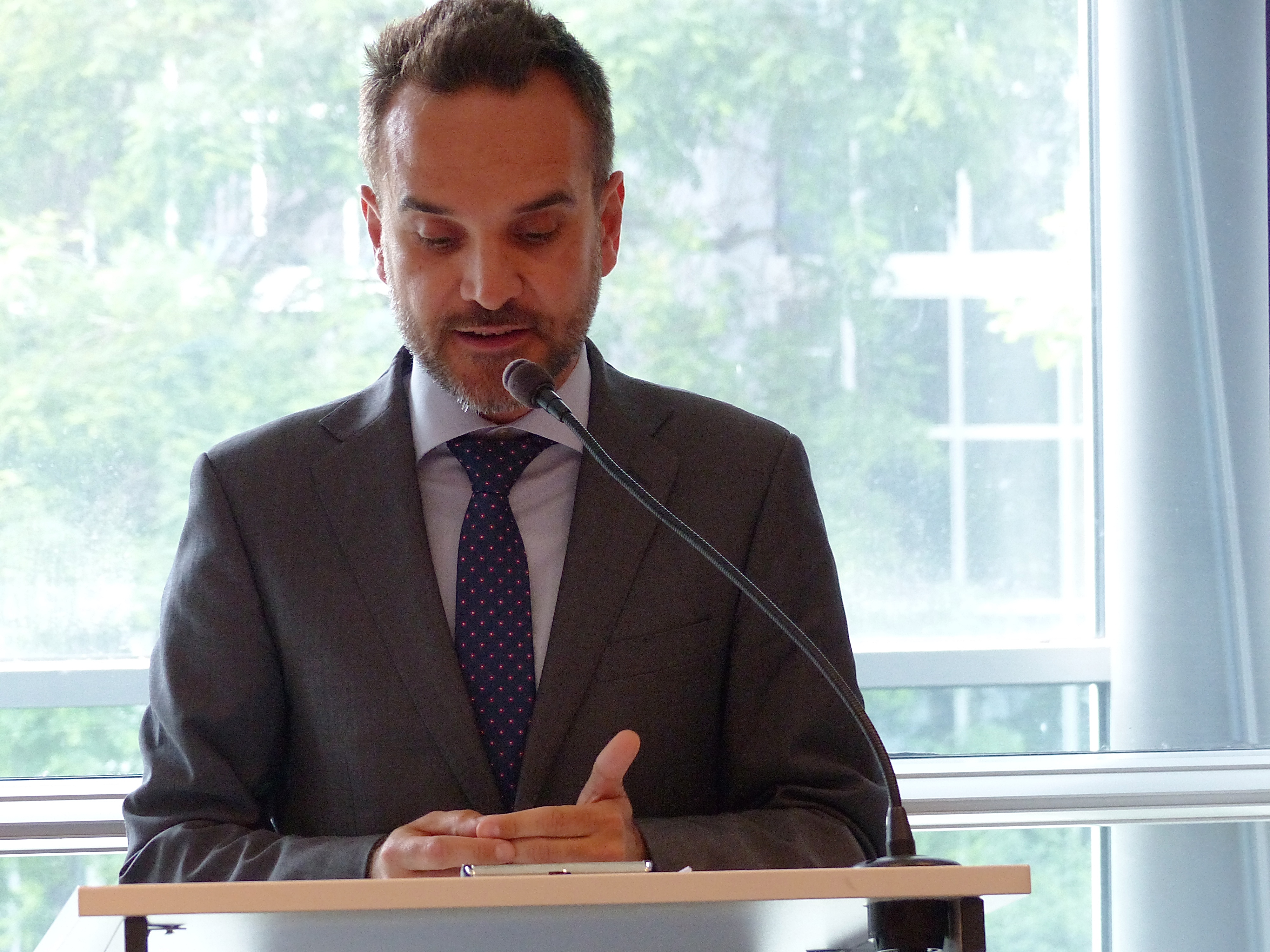
Angel Alberdi on behalf of the European Waste-to-Advanced Biofuels Association (EWABA) believes that despite several positive elements the Commission proposal for a revised Renewable Energy Directive (RED II) can be substantially improved by the European Parliament and Council of the EU during its legislative passage. He believes that As long as the new legislation establishes a solid sustainability and traceability regime for all feedstocks, there is no justification for any limitation on the use of feedstocks within the incorporation obligation.
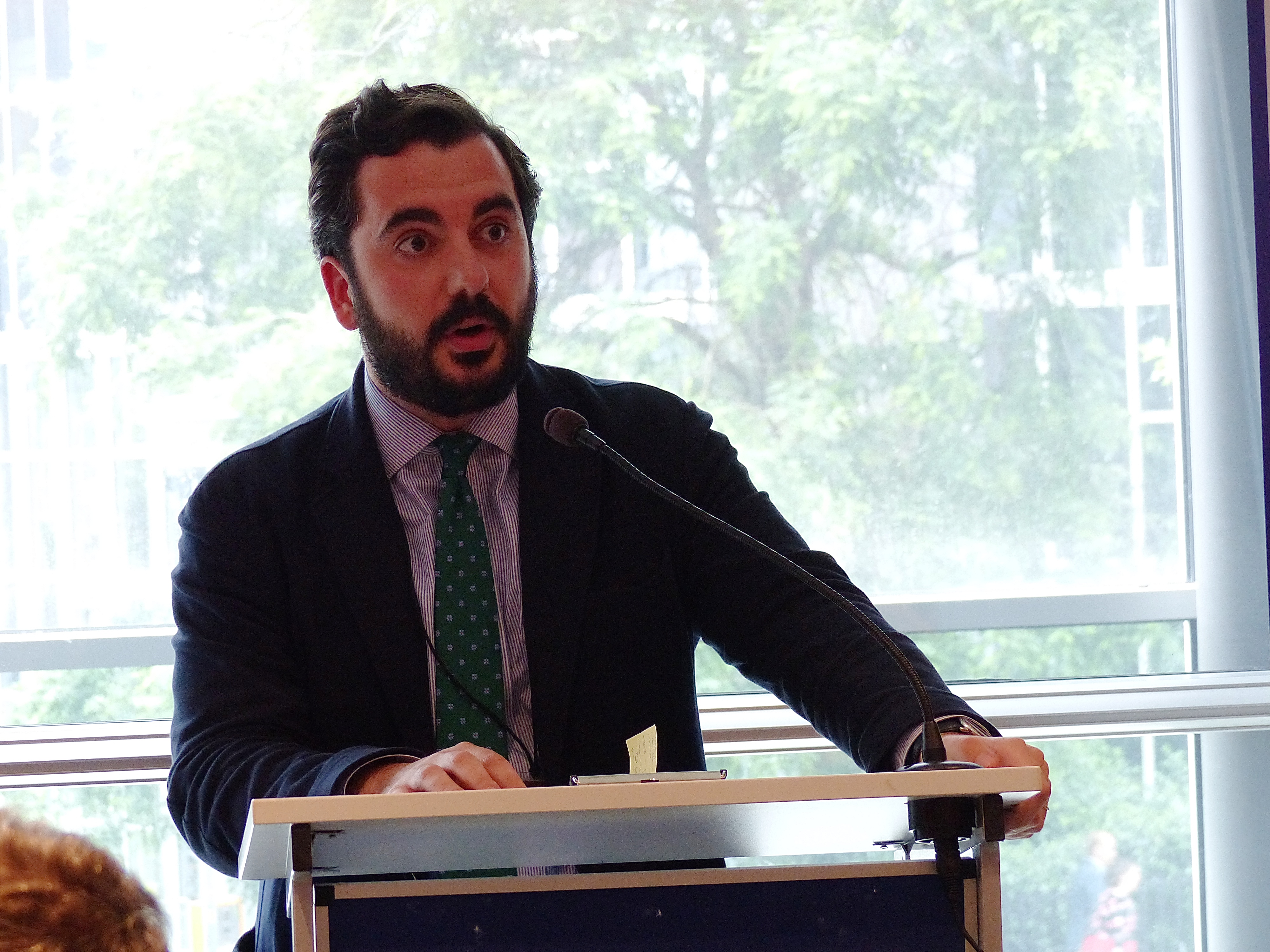
Mr. Ewald-Marco Münzer gave his views and regarded climate change as the biggest challenge of which he feels that his is part of the solution. Mr. Münzer says that European Biodiesel production is the main technology for de-carbonisation of transport sector, but empahsised that Münzer as a business entity sees itself as a partner of the fossil fuels industry. He criticized RED II for threatening to destroy a strong and functional sector in Europe as well as affecting many others including the agricultural sector. In light of this, he calls for stability and unity on positions theoughout the EU member states.
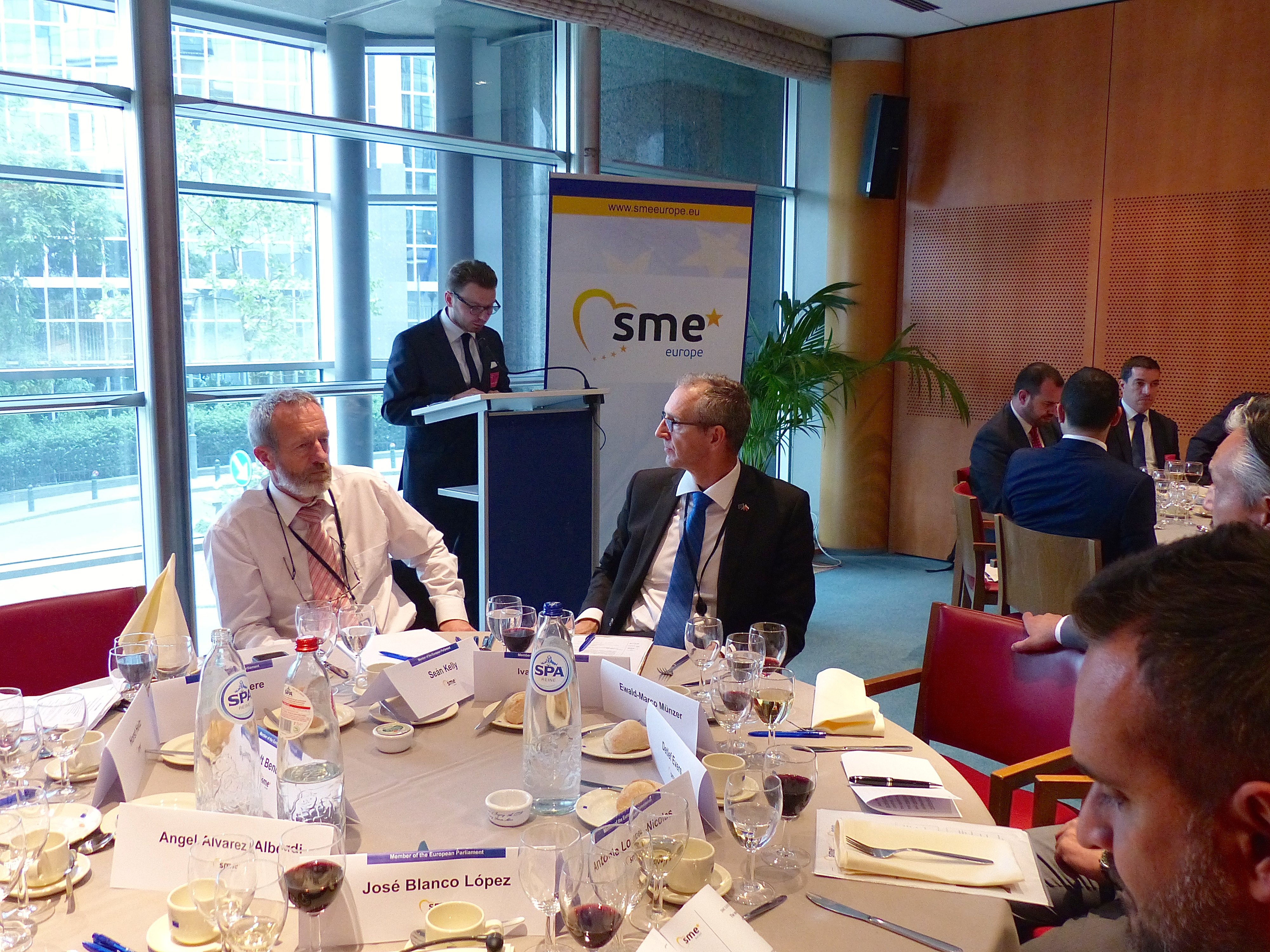
Mr. Detlef Evers said that the biofuel production is characterized by medium-sized biofuel producers in many countries. These companies have recognized the opportunity to occupy a market segment that requires a high degree of specialization and confidence to invest, and that has been deliberately avoided in the past by oil majors. According to Mr. Evers, the advantage of this development for the Member States should not be underestimated: supplying the fuels market was no longer only in the hands of a few, but spread across many shoulders – resulting in national GDP growths. If the oil majors are further allowed to co-process, meaning to process plant oils and mineral oil in existing petroleum refineries, the medium-sized biofuels producers will be forced out of the market step by step, and the market power of international oil majors will be further strengthened. Mr. Evers is convinced that this cannot be in the interests of the member states.

